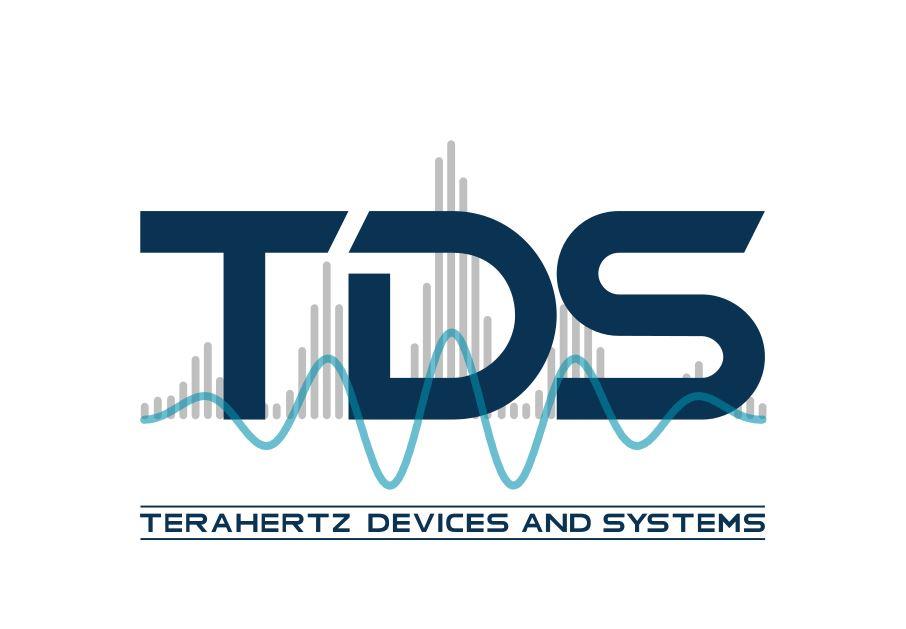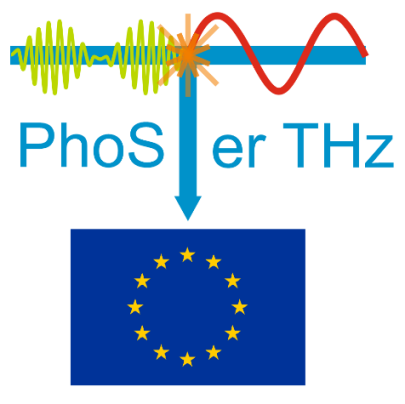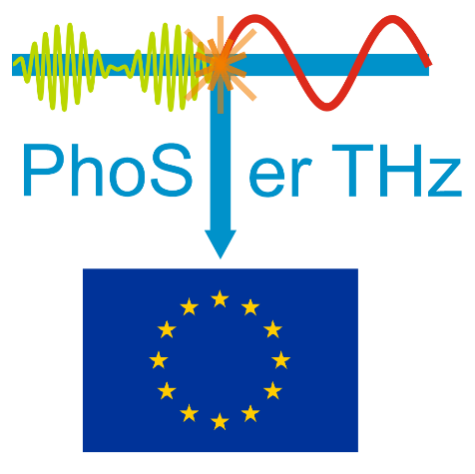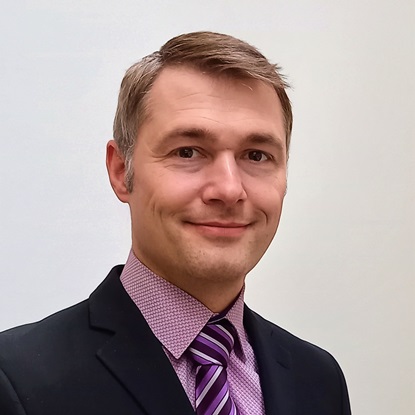ERC Proof of Concept „PhoSTer THz” No. 101057162
Scientific and commercial utilization of the Terahertz spectrum (100 GHz -10 THz) is often hindered by the lack of affordable characterization tools for developing systems towards maturity. This proposal aims for the prototype development of such tools, namely affordable spectrum analyzers (SA), in order to boost component development in the Terahertz domain (100 GHz-10 THz), particularly electronic and opto-electronic components. These are employed in 6G hardware, spectroscopy including bio-medical trace gas detection, security, non-destructive testing and quality control. To date's most employed systems are electronic frequency-extended microwave SAs. Whilst very powerful, they have a few draw backs:
1.) it is very challenging to develop electronic systems for higher THz frequencies. The highest commercial frequency extension to date goes to 1.5 THz.
2.) the higher the frequency, the exponentially more expensive are the frequency extenders.
3.) The extender modules are bound to specific waveguide bands. Spectra larger than 50% of the center frequency can only be obtained by employing several extender bands.
In PhoSTer THz, we will implement a photonic spectrum analyzer system as opposed to electronic ones, with the following advantages:
1.) Spectral coverage from microwaves to several Terahertz with a single system without the need of exchanging bands.
2.) Accessing frequencies yet not accessible with commercial electronic systems
3.) Inexpensive solution: a single photonic system costs less than the electronic base unit (i.e. without extenders)
PhoSTer THz emerged from the ERC grant Pho-T-Lyze (GA 713780) where the first versions of photonic spectrum analyzers were developed. In PhoSTer THz, we will bring the first prototypes close to market entry together with powerful commercial partners from the photonics industry. We will further aim to attract the interest of electronic spectrum analyzer manufacturers.
| Project responsible: Sascha Preu |
| Team members: |
| Benedikt Krause (PhD student) |





